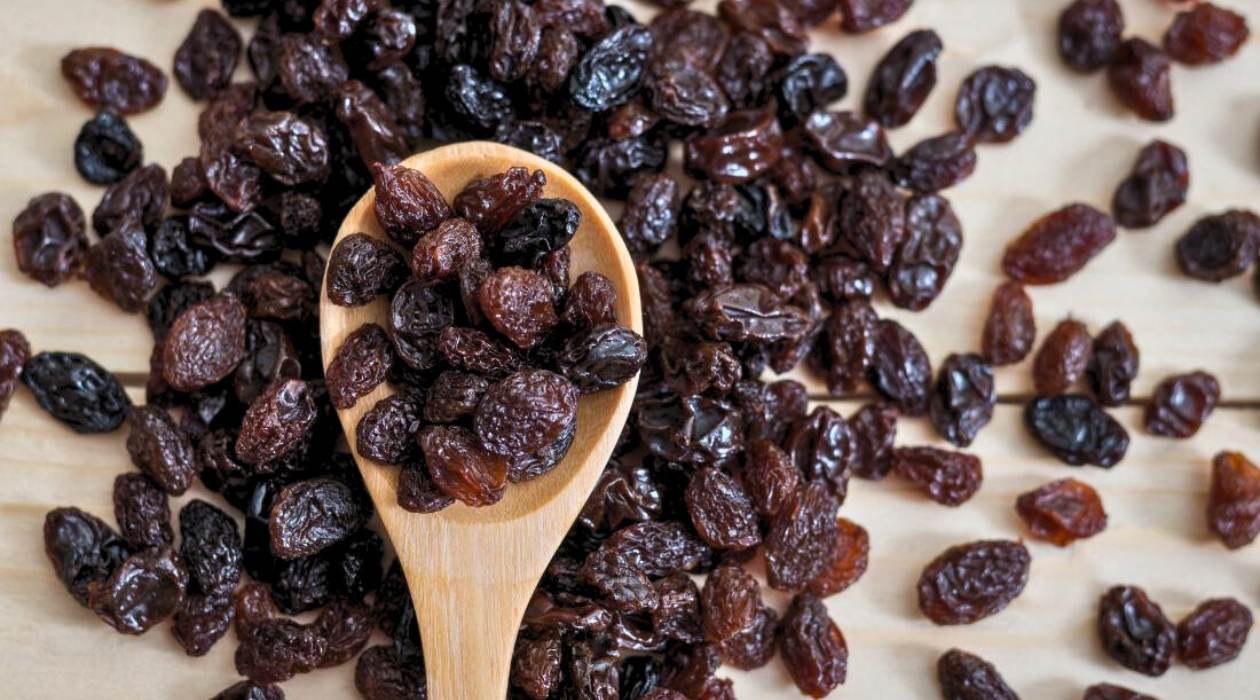

Articles
How To Store Raisins
Modified: December 7, 2023
Learn the best methods for storing raisins in this informative article. Keep your raisins fresh and flavorful for longer periods with these helpful tips and tricks.
(Many of the links in this article redirect to a specific reviewed product. Your purchase of these products through affiliate links helps to generate commission for Storables.com, at no extra cost. Learn more)
Introduction
Welcome to this guide on how to store raisins! Raisins are a delicious and nutritious snack that are enjoyed all over the world. Whether you use them in baking, add them to your morning cereal, or simply eat them straight out of the box, it’s important to know how to properly store them to maintain their freshness and taste.
Proper storage is essential in preventing raisins from drying out, becoming stale, or losing their flavor. In this article, we will walk you through the steps to ensure your raisins stay fresh and tasty for as long as possible. Let’s dive in!
Key Takeaways:
- Properly storing raisins in airtight, opaque containers away from sunlight and moisture preserves their freshness and flavor, ensuring a delicious snack or baking ingredient for longer.
- Freezing raisins in airtight containers can extend their shelf life, providing a convenient way to enjoy their sweet taste and nutritional benefits for an extended period.
Read more: How To Store Gin-Soaked Raisins
Choosing the right container
When it comes to storing raisins, selecting the right container is crucial. The ideal container should be airtight to prevent moisture and air from seeping in, which can cause the raisins to spoil. Additionally, it should be made of a material that is opaque or tinted to block out sunlight, as exposure to light can degrade the quality of the raisins.
One option for storing raisins is to keep them in their original packaging. Many raisin brands provide resealable bags or containers that are designed to maintain freshness. If the original packaging is sturdy and has airtight seals, this can be a convenient and effective option.
Alternatively, you can transfer your raisins into airtight containers made of glass, plastic, or metal. Make sure that the container has a tight-fitting lid to create a seal and keep out any external elements.
Avoid using containers that are not airtight, such as loosely covered bowls or bags that cannot be securely sealed. These can allow air and moisture to enter, leading to spoilage.
By choosing the right container, you can create an optimal storage environment that will help keep your raisins fresh and delicious for longer.
Keeping raisins in a cool, dry place
One of the key factors for storing raisins is maintaining a cool and dry environment. Heat and humidity can accelerate the spoilage process and cause the raisins to become dry or develop mold. Therefore, it is important to store them in a location with controlled temperature and low humidity.
Choose a pantry or cupboard in your kitchen that is away from direct sunlight, stoves, and any other heat sources. Optimal storage temperature for raisins is between 40°F (4°C) and 60°F (15°C). Avoid storing the raisins near the fridge or freezer, as the fluctuating temperatures can affect their quality.
Ensure the storage area is well-ventilated to prevent moisture buildup, as excess moisture can cause the raisins to become sticky and prone to mold growth. Good air circulation helps to maintain their dryness and prolong their shelf life.
If you live in a humid climate or during particularly humid seasons, you can consider using a dehumidifier or desiccant packets in the storage area to absorb any excess moisture. This can help to prevent spoilage and maintain the quality of your raisins over time.
By keeping raisins in a cool and dry place, you will preserve their texture, taste, and nutritional value for a longer period.
Protecting raisins from moisture
Raisins have a natural moisture content, and exposure to additional moisture can cause them to clump together, become sticky, and even develop mold. Therefore, it is crucial to protect them from excess moisture to maintain their quality and shelf life.
One way to safeguard your raisins from moisture is to use moisture-absorbing packets or desiccants in the storage container. These small packets contain substances like silica gel, which can help to absorb any moisture that may be present. Place a few packets in the container to keep the raisins dry and free from moisture-related issues.
It’s also important to ensure that your raisin container is tightly sealed. Airtight containers prevent moisture from seeping in and keep the raisins dry. Make sure the lid is securely closed after each use to maintain the proper storage conditions.
In case the raisins have come into contact with water or excess moisture, you can dry them out before storing them again. Spread the raisins out on a clean towel or baking sheet and allow them to air dry for a few hours. Once they are completely dry, they can be transferred back to the storage container.
Additionally, avoid storing raisins near other foods that contain high moisture content, such as fresh fruits or vegetables. These can release moisture and increase the chances of the raisins absorbing it. Keep raisins in a separate area or container to minimize the risk of moisture transfer.
By protecting your raisins from moisture, you can ensure they remain dry, fresh, and maintain their delicious taste over a longer period of time.
Minimizing exposure to sunlight
Sunlight can have a negative impact on the quality and shelf life of raisins. The ultraviolet (UV) rays can cause the raisins to become dry, brittle, and lose their flavor. To ensure the best storage conditions, it is essential to minimize their exposure to sunlight.
Start by storing raisins in a dark and opaque container. This ensures that minimal light reaches the raisins and reduces the risk of UV damage. If you choose to use a glass container, make sure it is tinted or placed in a darker area to block out the sunlight.
When selecting a storage location, opt for a cool and dark area in your kitchen or pantry. Avoid placing the raisins near windows or other areas where they may be exposed to direct sunlight. Sunlight can quickly degrade the quality of raisins, causing them to become dry and lose their flavor and nutritional value.
If you buy raisins in bulk or in larger quantities, consider dividing them into smaller portions that you can use more quickly. This way, you can store the majority of the raisins in a dark and cool place, while keeping a smaller portion accessible for everyday use. This helps to minimize their exposure to light and maintain their quality.
Remember to always tightly seal the container after each use. This not only helps to keep out air and moisture but also provides an additional layer of protection against sunlight. A properly sealed container keeps the raisins fresh and prolongs their shelf life.
By minimizing exposure to sunlight, you can ensure that your raisins retain their flavor, texture, and nutritional value for an extended period.
Store raisins in an airtight container in a cool, dark place to prevent them from drying out or becoming too sticky. You can also refrigerate them for longer shelf life.
Read more: How To Make Raisin Bread In A Bread Machine
Storing raisins in the refrigerator
If you live in a warm or humid climate, or simply want to extend the shelf life of your raisins, storing them in the refrigerator can be a good option. The cool temperature and controlled environment of the refrigerator can help to preserve the freshness and quality of the raisins.
To store raisins in the refrigerator, transfer them to an airtight container or resealable bag. Make sure the container is well-sealed to prevent the raisins from absorbing any odors or moisture from other foods in the refrigerator.
Before placing the container in the refrigerator, check the temperature settings. The ideal temperature for storing raisins in the refrigerator is between 32°F (0°C) and 40°F (4°C). Adjust the refrigerator settings accordingly to ensure the raisins are kept at the optimal temperature.
While storing raisins in the refrigerator can help prolong their shelf life, note that refrigeration can cause some changes in texture. The raisins may become slightly firmer or harder compared to room temperature storage. However, they will still retain their flavor and nutritional value.
Take caution when removing the raisins from the refrigerator. Allow them to come to room temperature before consuming or using them in recipes. This will help to restore their natural texture and ensure they are enjoyable to eat.
Remember to label the container with the date of storage to keep track of their freshness. While raisins stored in the refrigerator have a longer shelf life, it is still recommended to consume them within 6 to 12 months for optimal quality.
By storing raisins in the refrigerator, you can prolong their shelf life and enjoy their freshness for an extended period.
Freezing raisins for long-term storage
If you want to store raisins for an extended period, freezing them can be an excellent option. Freezing prevents the growth of bacteria and slows down the deterioration process, allowing you to enjoy the raisins for a longer time.
To freeze raisins, start by ensuring they are clean and dry. Remove any stems or debris before proceeding. It’s also a good idea to separate the raisins into smaller portions or individual servings if you plan to use them in specific quantities later on.
Next, place the raisins in a freezer-safe container or resealable bag. Squeeze out any excess air and seal the container tightly to prevent freezer burn. Alternatively, you can vacuum-seal the raisins to ensure maximum freshness.
Before placing the raisins in the freezer, label the container with the date of freezing. This will help you keep track of their storage time and ensure you use the oldest raisins first.
The temperature in a freezer should be set at 0°F (-18°C) or below. The low temperature will preserve the quality and taste of the raisins. However, be aware that freezing may cause a slight change in the texture of the raisins, making them slightly firmer. Despite this change, the flavor and nutritional value will remain intact.
When you are ready to use the frozen raisins, thaw them in the refrigerator overnight or at room temperature for a few hours. Avoid thawing them in hot water or the microwave, as this can cause them to become mushy.
It’s important to note that once you’ve thawed the raisins, do not refreeze them. Frozen and thawed raisins should be consumed within a reasonable time frame to maintain their quality.
By freezing raisins, you can store them for up to a year or even longer, allowing you to enjoy their sweet taste and nutritional benefits whenever you desire.
Properly sealing the container
Properly sealing the container is essential for preserving the freshness and quality of your raisins. It helps to create a barrier against air, moisture, and outside elements that can lead to spoilage.
If you choose to keep your raisins in their original packaging, make sure the package is tightly sealed after each use. Some raisin brands provide resealable bags or containers, which are designed to maintain freshness. Press out any excess air before sealing to minimize the contact with oxygen, which can accelerate the deterioration process.
If you prefer to transfer your raisins to a different container, opt for an airtight one made of glass, plastic, or metal. It should have a secure lid that forms a tight seal to prevent air and moisture from entering.
Before sealing the container, ensure the raisins are completely dry. Any moisture present can promote mold growth or cause the raisins to stick together. If necessary, you can let them air dry on a clean towel or baking sheet before transferring them to the container.
If you’re using a resealable bag, remove as much air as possible before sealing it. One method is to partially close the bag, leaving a small opening, and then gently press out the air before sealing it completely. Alternatively, you can use a vacuum-sealer to remove all the air from the bag.
For containers with lids, press down firmly on the lid to ensure a tight fit. Double-check that there are no gaps or openings that could potentially allow air or moisture to enter. Sealing the container properly is crucial in maintaining the freshness and taste of your raisins.
Remember to handle the container with clean and dry hands to prevent any transfer of moisture or contaminants. Store the sealed container in a cool, dry place away from direct sunlight and other heat sources.
By properly sealing the container, you can extend the shelf life of your raisins and ensure they stay fresh and flavorful for as long as possible.
Checking for freshness before consumption
Before consuming your raisins, it’s important to check for freshness to ensure they are still in good condition. While raisins generally have a long shelf life, it’s always a good idea to inspect them before eating or using them in recipes.
Start by examining the appearance of the raisins. Fresh raisins should have a plump and firm texture. They should not be overly shriveled or hard. Check for any signs of discoloration, mold, or off-putting odors, as these are indicators of spoilage.
Give the raisins a quick smell. They should have a sweet and pleasant aroma. If there is any sour or musty smell, it may be a sign that they have gone bad.
Next, take a small sample and taste the raisin. Raisins that are still fresh will have a sweet and slightly tangy flavor. They should not have a sour taste or any off-flavors. If the raisins taste stale or have an unpleasant aftertaste, it is best to discard them.
If you find any raisins that show signs of spoilage, it’s important to remove them from the container to prevent the spread of mold or spoilage to the rest of the batch.
Remember to always store your raisins properly in a cool, dry place to maintain their freshness and quality. Regularly check the container for any signs of moisture, mold, or staleness.
While raisins have a long shelf life, it’s recommended to consume them within a reasonable time frame for the best flavor and texture. The exact duration depends on storage conditions and whether they have been opened or not. It’s always better to be safe and enjoy your raisins while they are at their peak freshness.
By checking for freshness before consumption, you can ensure that your raisins are still delicious, enjoyable, and safe to eat.
Read more: How To Store Store-Bought Bread
Conclusion
Proper storage of raisins is essential to maintain their freshness, flavor, and nutritional value. By following the guidelines outlined in this article, you can ensure that your raisins stay delicious for longer periods, whether you use them as a snack, baking ingredient, or in your favorite recipes.
Choosing the right container is crucial in preventing moisture and air from compromising the quality of your raisins. Opt for opaque or tinted containers that block out sunlight and ensure they are airtight to maintain a controlled environment.
Keep your raisins in a cool, dry place to avoid heat and humidity, as these can accelerate spoilage. Choose a location away from direct sunlight and ensure good air circulation to prevent moisture buildup.
Minimize exposure to sunlight, as UV rays can adversely affect the taste and texture of raisins. Store them in dark and cool areas to preserve their quality.
If you live in a warm climate or want to extend the shelf life of your raisins, consider storing them in the refrigerator. Make sure to transfer them to airtight containers and set the temperature accordingly to maintain optimal freshness.
For long-term storage, freezing raisins can be an effective method. Ensure they are dry and stored in freezer-safe containers or bags. Thaw them properly before use to enjoy their natural texture and flavor.
Properly sealing the container is crucial to prevent air and moisture from entering. Whether using the original packaging or a separate container, ensure a tight seal to maintain freshness.
Before consuming your raisins, always check for freshness. Inspect the appearance, smell, and taste for any signs of spoilage. If any raisins show signs of mold, discoloration, or unpleasant odors, it’s best to discard them.
In conclusion, by following these storage tips, you can ensure that your raisins remain fresh, flavorful, and enjoyable for an extended period. Proper storage not only enhances their taste but also preserves their nutritional value for you to enjoy whenever you crave a delicious bite of these dried grapes.
Frequently Asked Questions about How To Store Raisins
Was this page helpful?
At Storables.com, we guarantee accurate and reliable information. Our content, validated by Expert Board Contributors, is crafted following stringent Editorial Policies. We're committed to providing you with well-researched, expert-backed insights for all your informational needs.
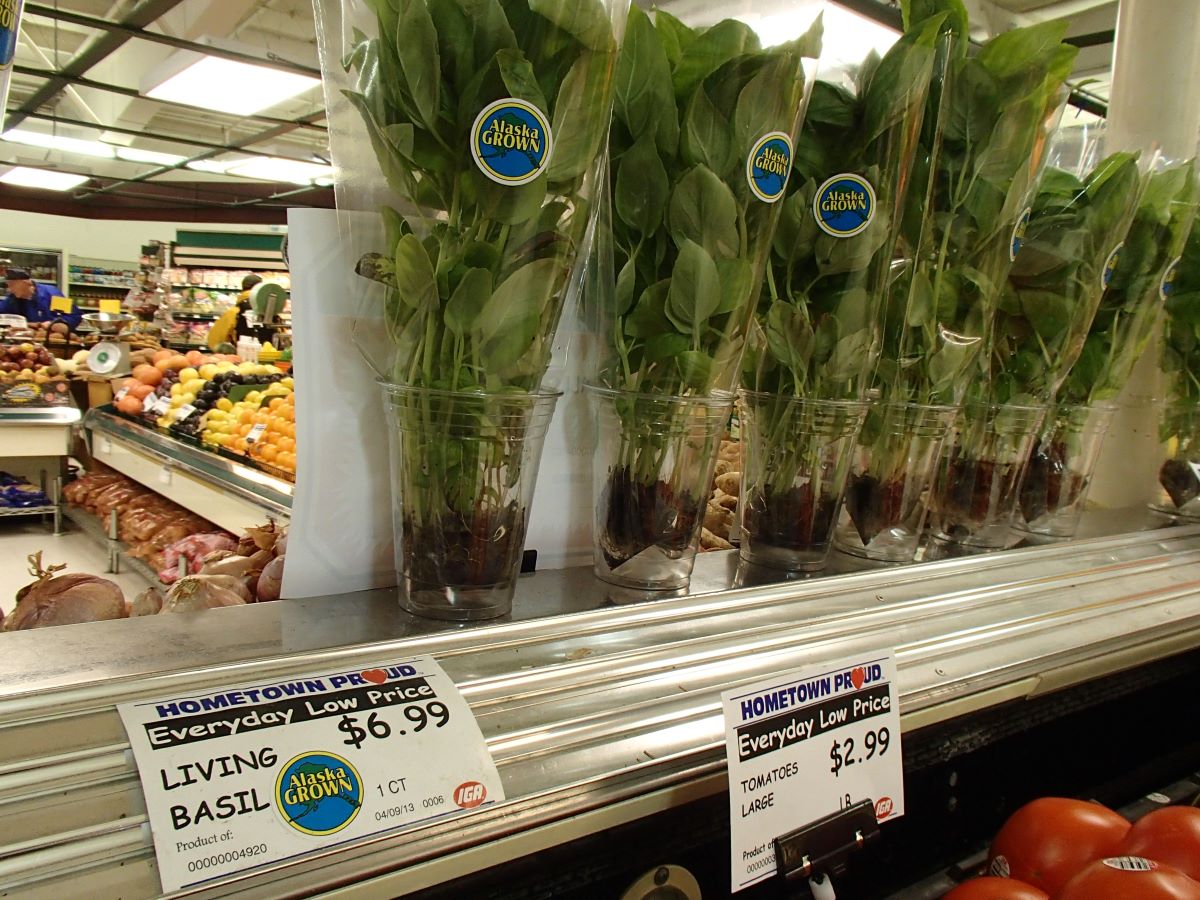

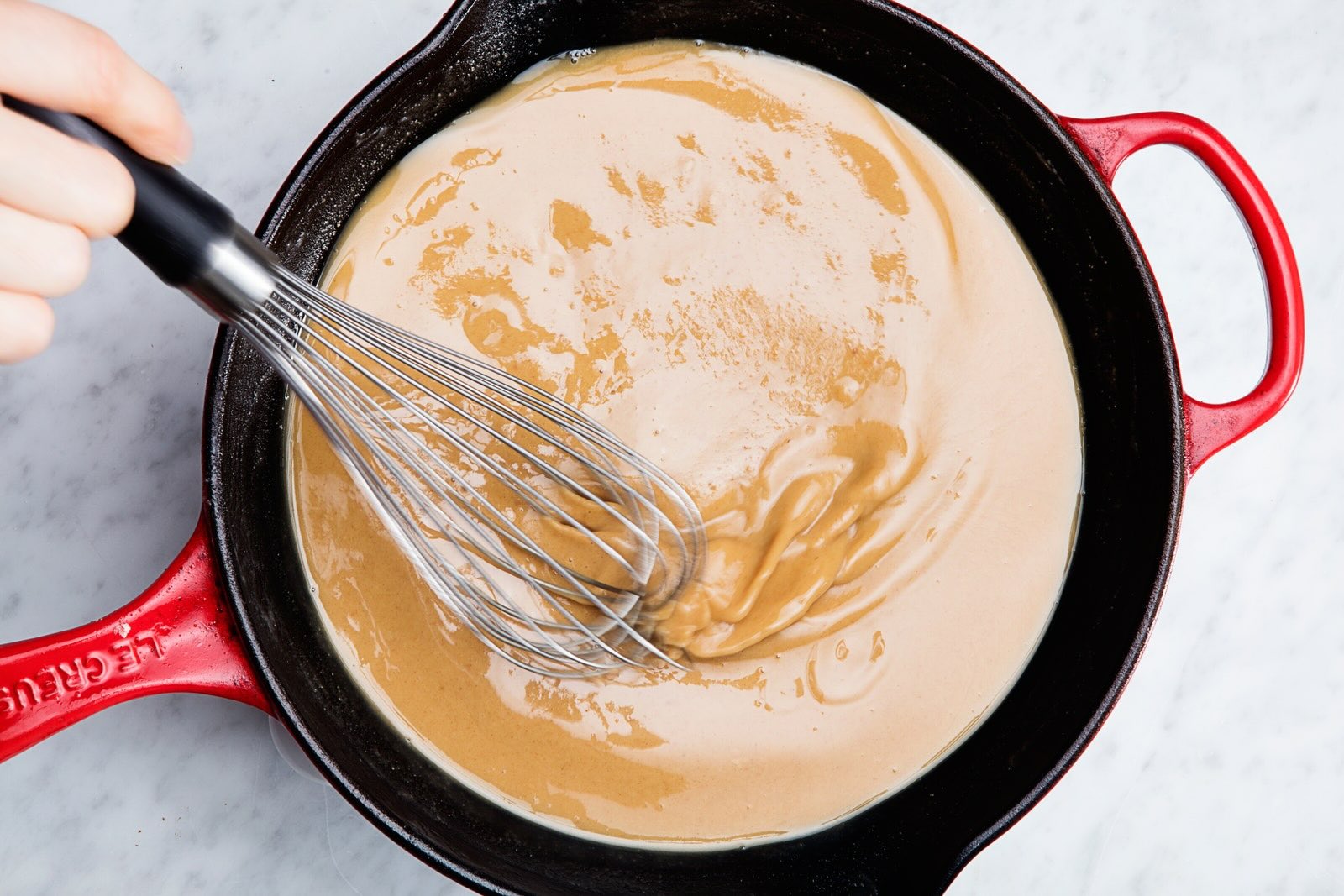




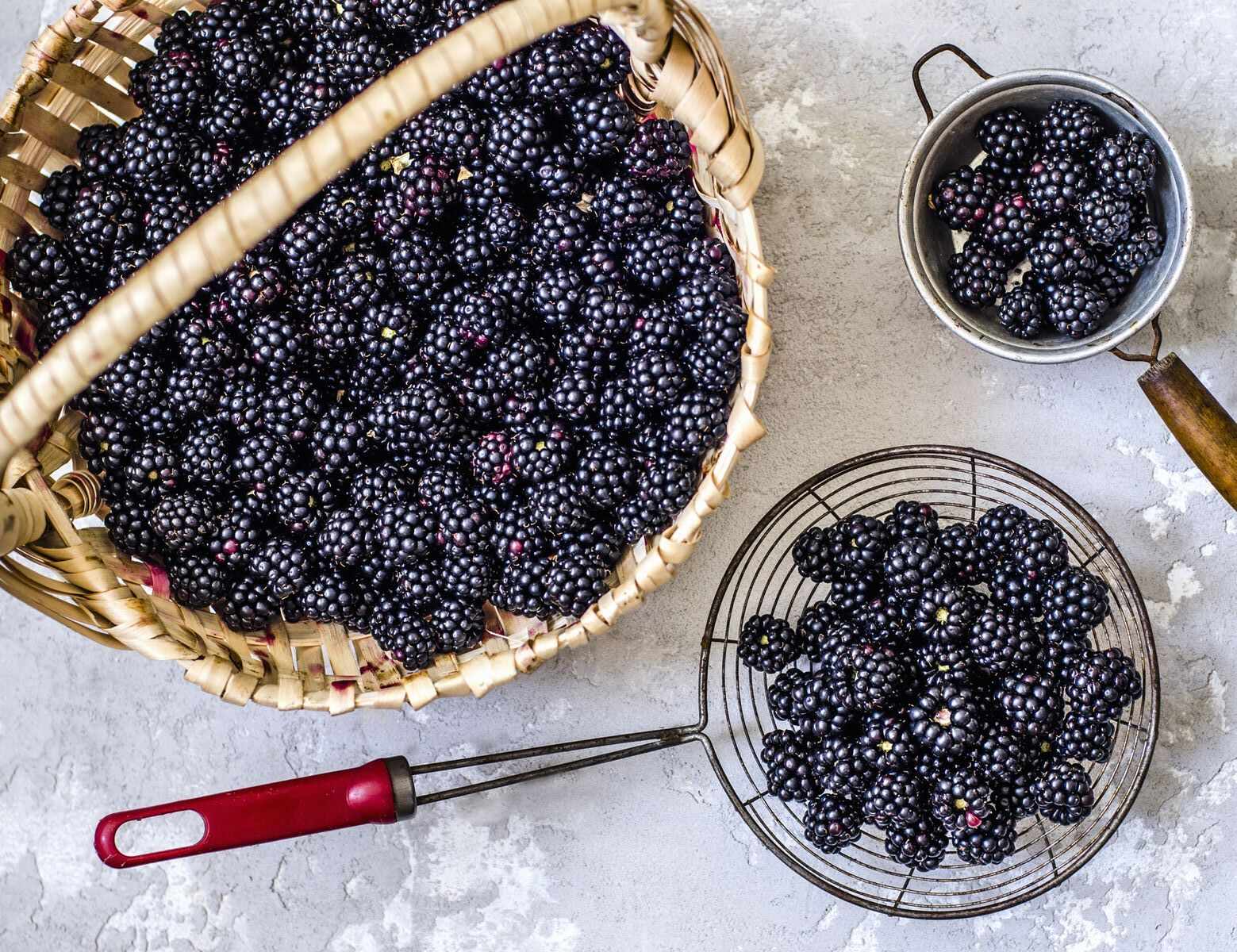


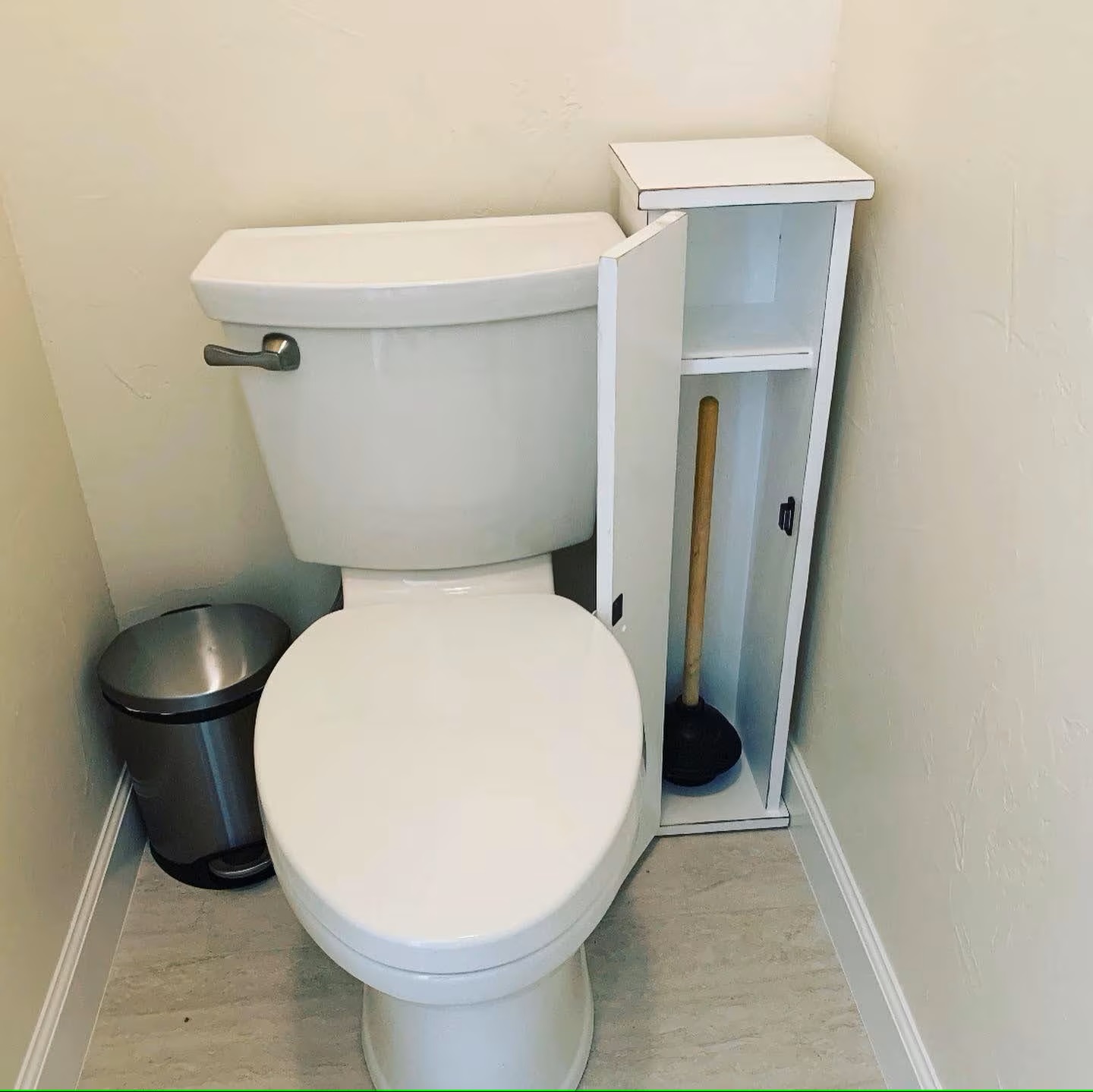

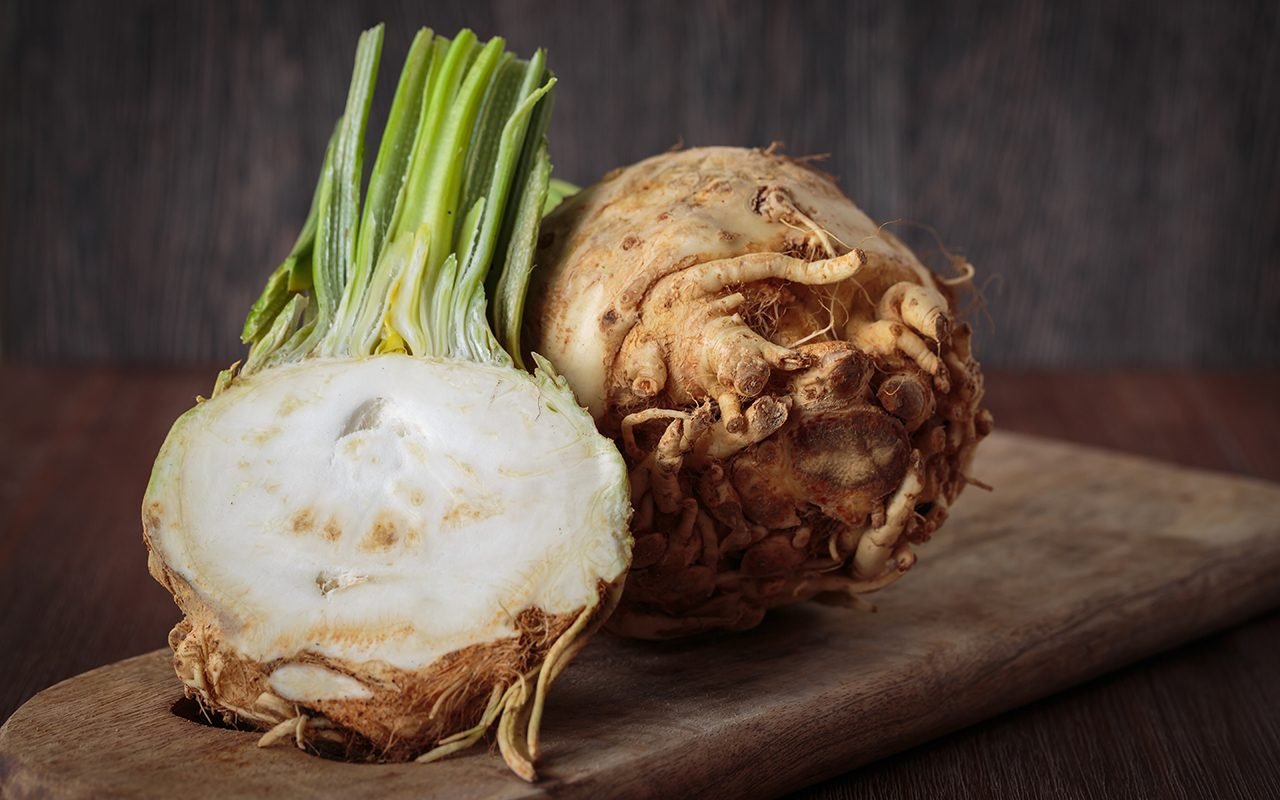

0 thoughts on “How To Store Raisins”